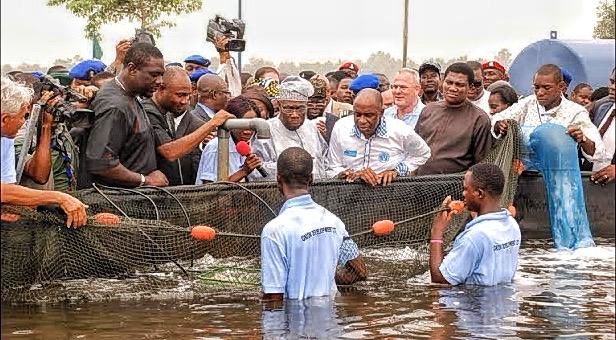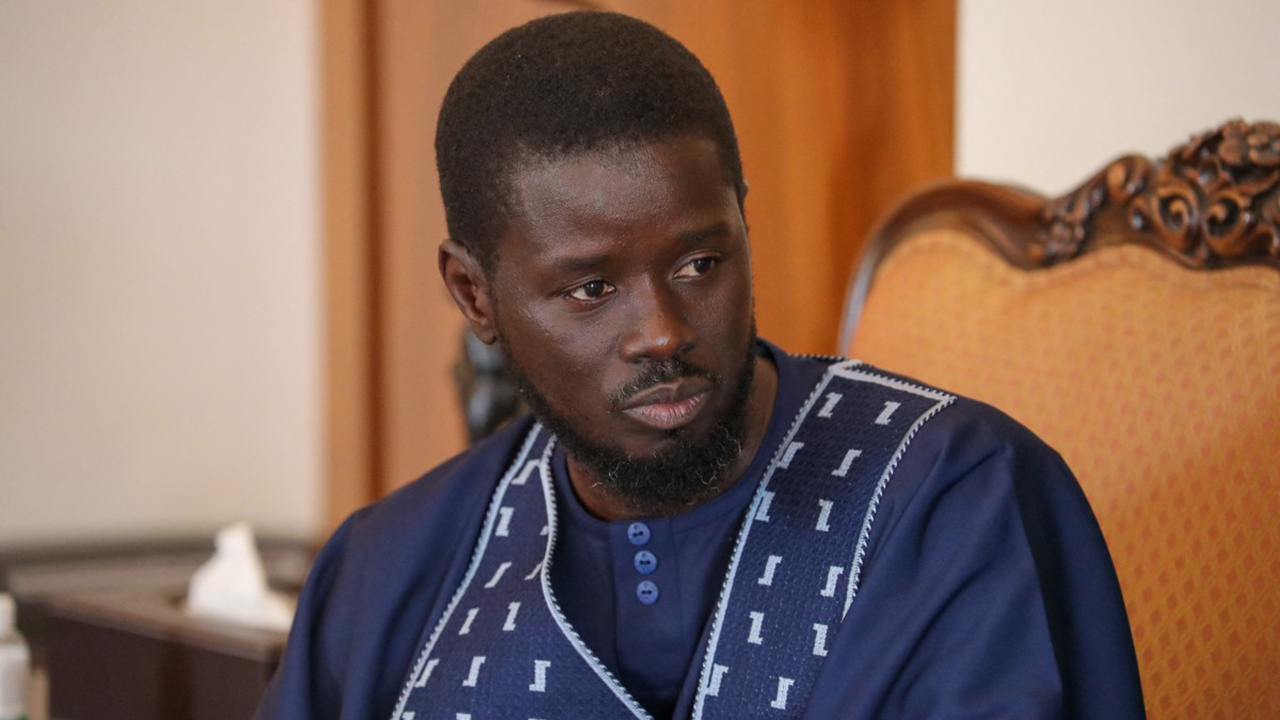In life (both present and historical), we often hear, see, or read about the curious concept of sibling rivalry, brother against brother, prophet against prophet, and so on. These are dated concepts stemming from jealousy, envy, and other forms of destructive competition. The biblical story of Joseph the Dreamer and his siblings is an instructive case study. We have read the bestseller by Jeffrey Archer titled Kane and Abel. The theme also extends to the Judas syndrome. But how does one explain persistent and misleading attacks against a personality one has never met, nor is directly related to? Any man of God should not descend from the exalted office of preaching the gospel, spreading love, hope, and charity, to criticising and condemning a fellow labourer in the vineyard of God.
For proper context, Fr Nwebe Joy is a clergyman ordained some 10 years ago.
Among the contentions raised by Fr Nwebe against the Evangelist is that Evangelist Ebuka Obi’s messages and approach have attracted many traditional Igbo Catholics into the Zion Movement. He also questions the open deliverance practices of the Evangelist, claiming it strips candidates of dignity. This view contrasts with the biblical statement that Christ prevailed over demons and made a public show of them in triumph. Evangelist Ebuka Obi operates by inspiration, and his method promotes the deliverance gospel in a unique way.
In an apparent attempt to raise concerns among some believers in the diaspora, Fr Nwebe has criticised various aspects of the Evangelist’s approach. In one video available in the public domain, Fr Nwebe, in an attempt to refute the chastity teachings of the Evangelist, issued a statement while pulling off his footwear to connect to the bare soil—an act that some find disturbing and inconsistent with clerical decorum.
Close observers have expressed concern about the ongoing criticism directed at Evangelist Ebuka Obi and wonder why he has not taken any action in response. Some speculate whether Fr Nwebe is acting independently or under external influence. Only time will tell.
One thing is clear: the nature of these attacks resembles the biblical story of Joseph’s brothers, who said, “Here comes the dreamer; let us kill him and see what becomes of his dreams.” Shall he also rule over us?
On this note, I implore the Catholic Bishops of Nigeria and leaders in the body of Christ to address the situation and discourage such divisive behaviour. These actions are unfortunate and risk undermining the unity and mission of the Church. A kingdom divided against itself will not stand. Shalom!
*Azu Okafor, a concerned Catholic faithful, wrote from Awka, Anambra State.






